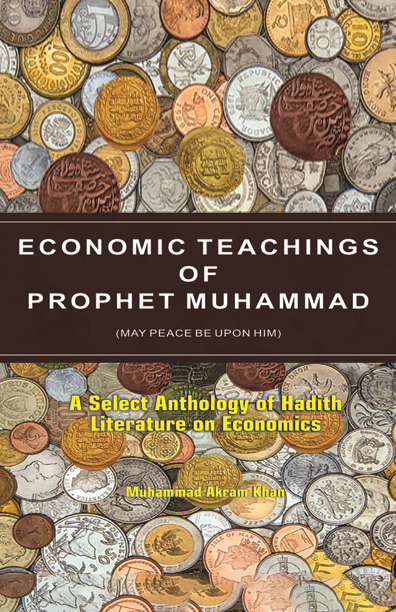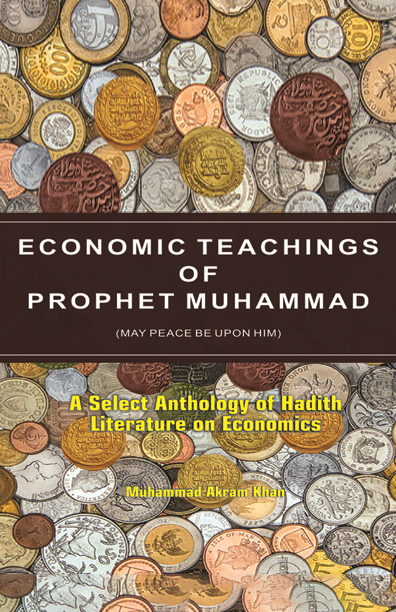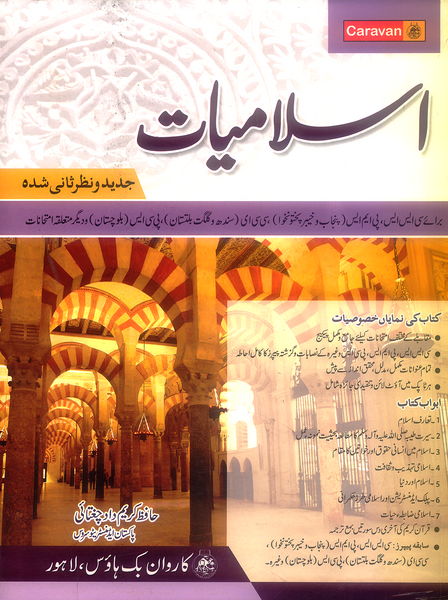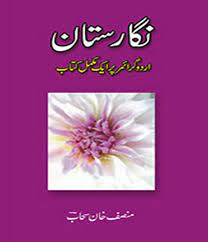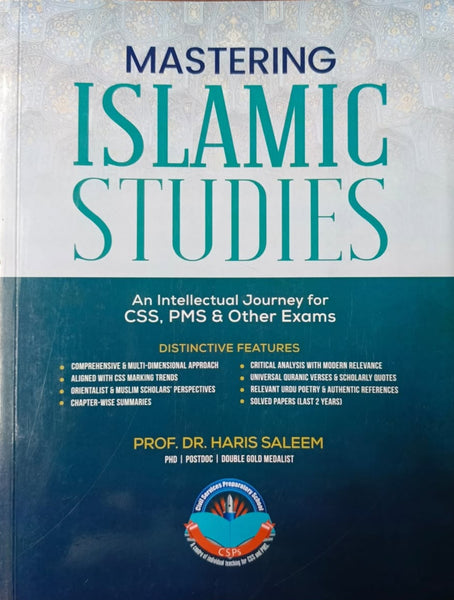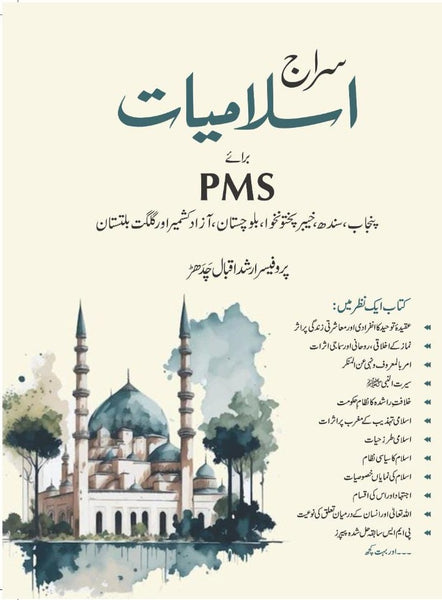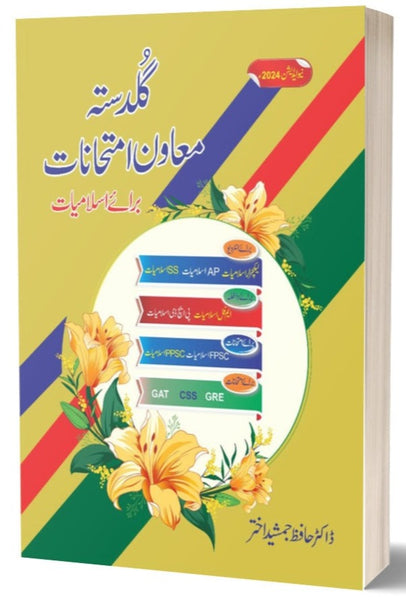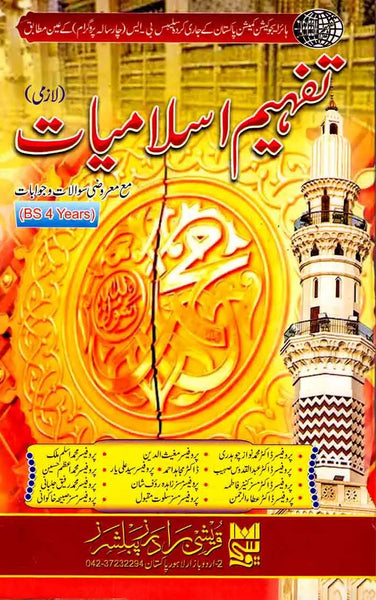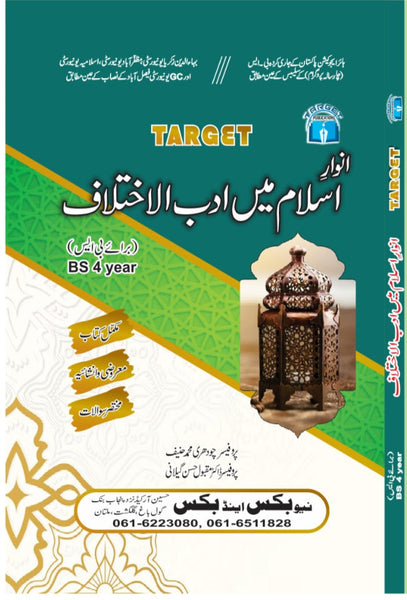Economic Teachings of Prophet Muhammad (P.B.U.H) by Muhammad Akram Khan
- Publisher: INSTITUTE OF POLICIES STUDIES IPS
- Availability: In Stock
- SKU: 59823
- ISBN: 9789694481708
- Number of Pages: 424
Rs.600.00
Rs.800.00
Tags: anti-riba teachings , CSS Islamiat , early Islamic state economy , Economic Teachings , ethical economics in Islam , halal trade , Islam and poverty alleviation , Islamic business ethics , Islamic economic thought , Islamic finance , Islamic governance model , Islamic public finance , Islamic social justice , Madinan economy , Muhammad Akram Khan , PMS optional economics , Prophet Muhammad , Prophet Muhammad economic system , Seerat and economy , Sunnah-based economics , zakat and wealth distribution
Economic Teachings of Prophet Muhammad (P.B.U.H)
Author: Muhammad Akram Khan
Category: Islamic Economics / Seerah Studies / Economic Thought
Recommended For:
-
Students of Islamic Economics
-
Researchers and scholars in Islamic Studies
-
Islamic finance professionals
-
CSS, PMS aspirants (Islamiat / Economics optional)
-
General readers interested in prophetic economic guidance
Key Points
-
Prophet Muhammad’s Economic Vision
Highlights how the Prophet ﷺ laid the foundations of an ethical, equitable, and just economic system. -
Guiding Principles of Islamic Economics
Discusses the core principles including prohibition of riba (interest), fair trade, social justice, and wealth redistribution. -
Practical Implementation in Madinah
Analyzes how the Prophet ﷺ applied economic teachings in real governance — from market regulation to welfare distribution. -
Business Ethics in Islam
Covers honesty in trade, prohibition of fraud, price manipulation, and unethical monopolies. -
Zakat and Economic Justice
Explores zakat not just as a pillar of Islam, but as a key mechanism for poverty alleviation and economic balance. -
Comparative Economic Thought
Places Islamic economic teachings in contrast with capitalist and socialist models, showing their relevance today. -
Research-Based and Scholarly
Authored by a renowned economist with deep Islamic scholarship, this book blends academic research with faith-based insight.

